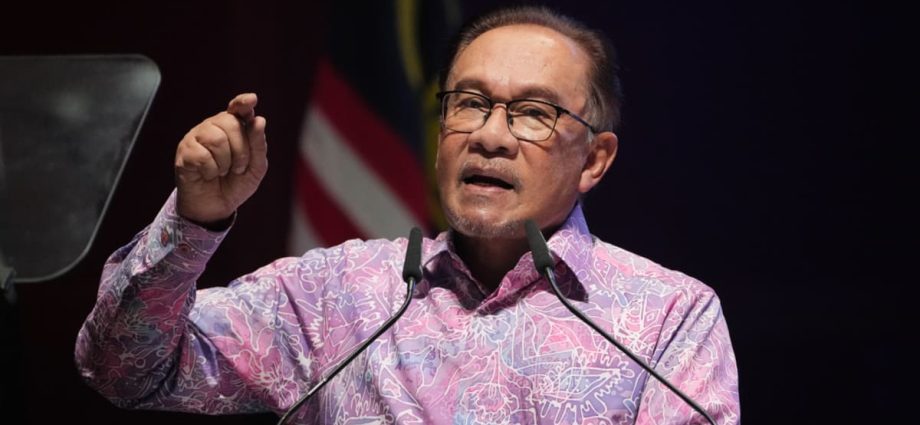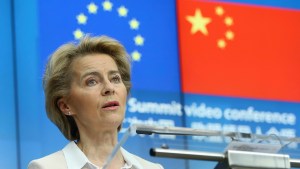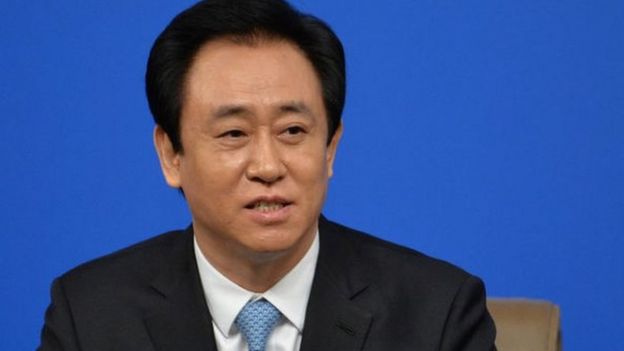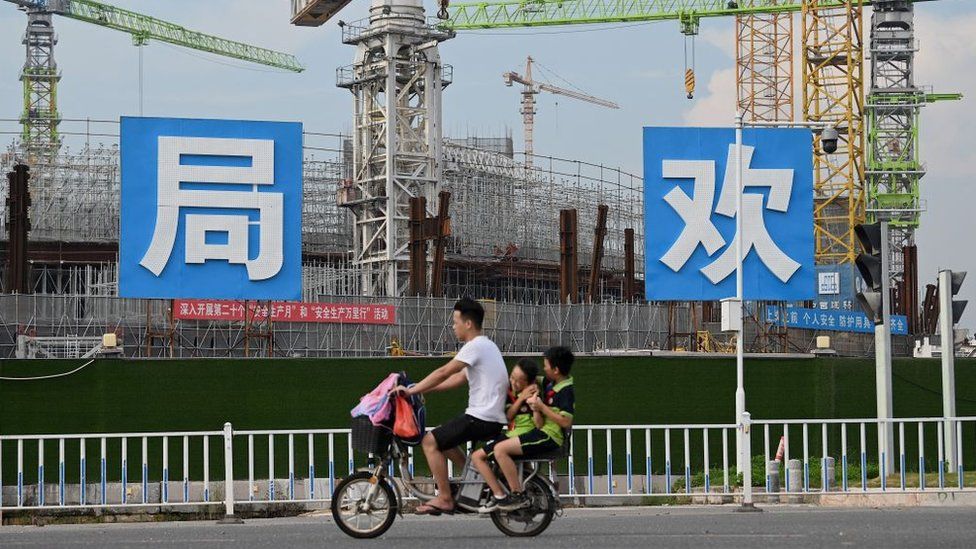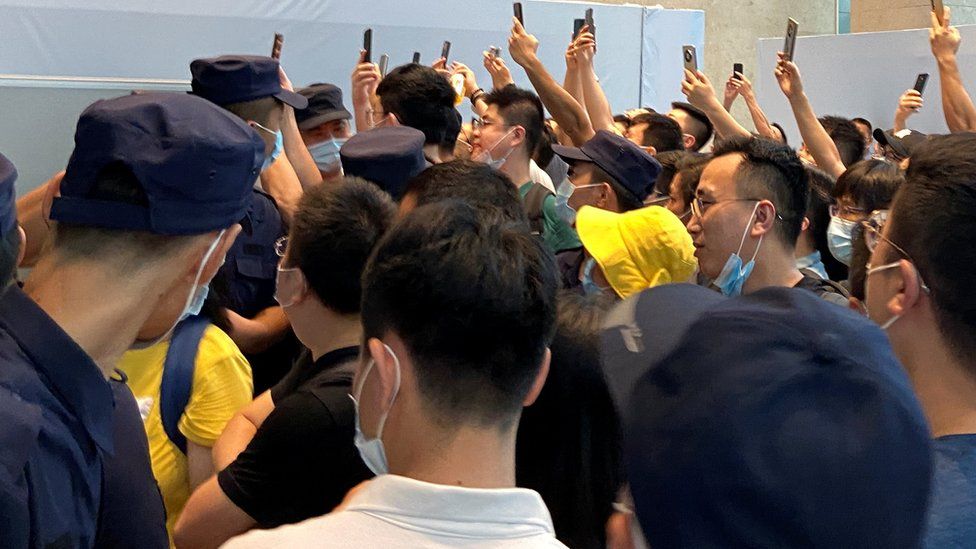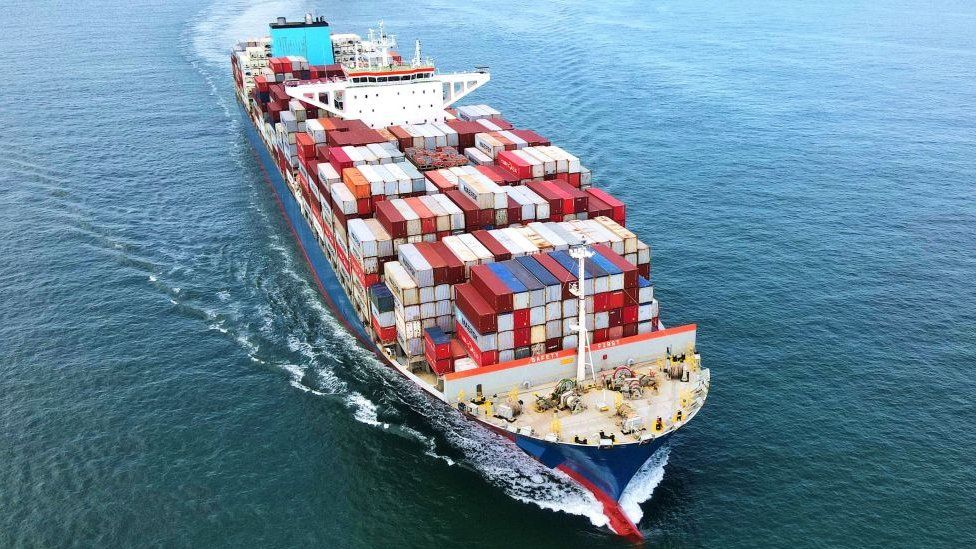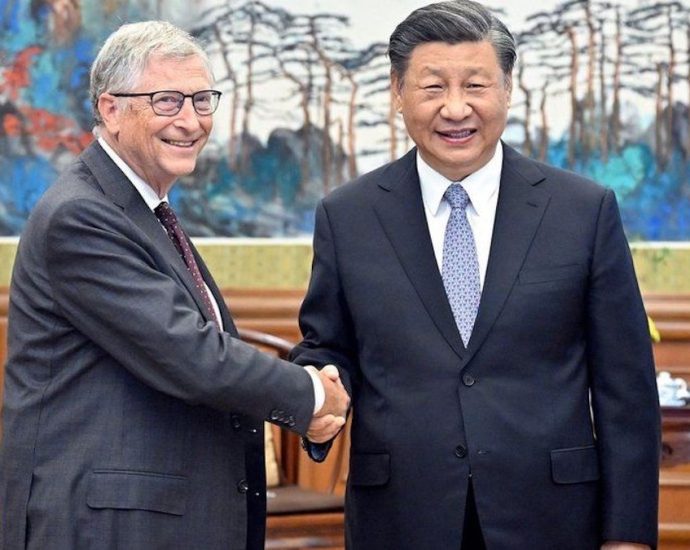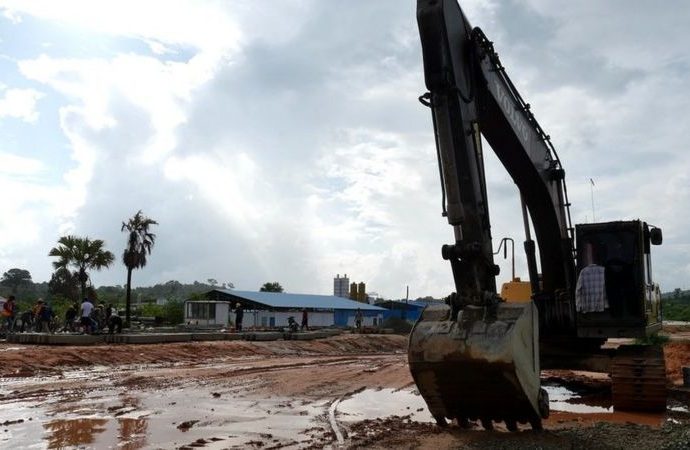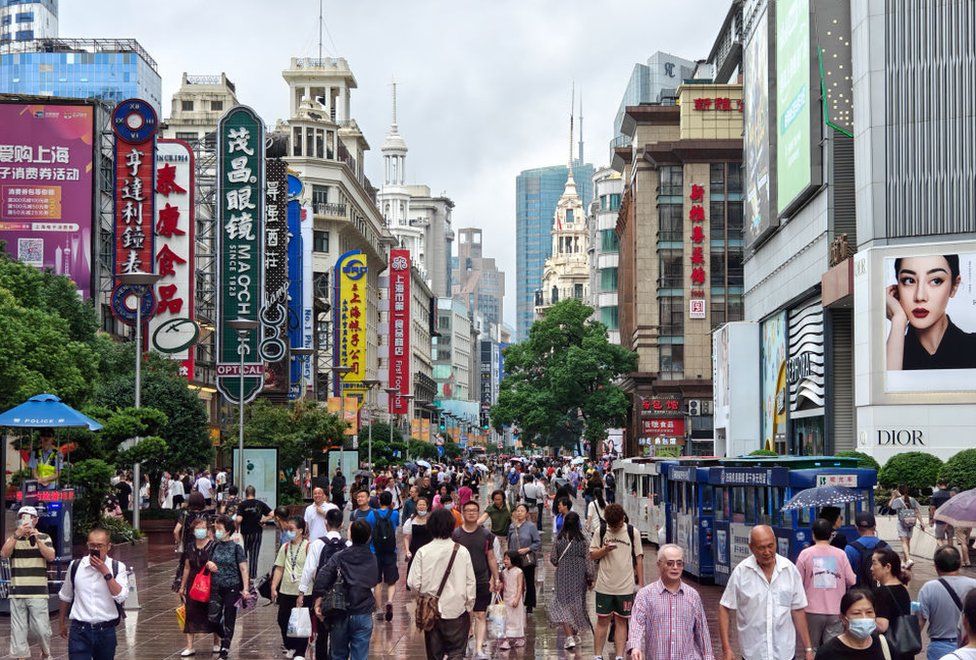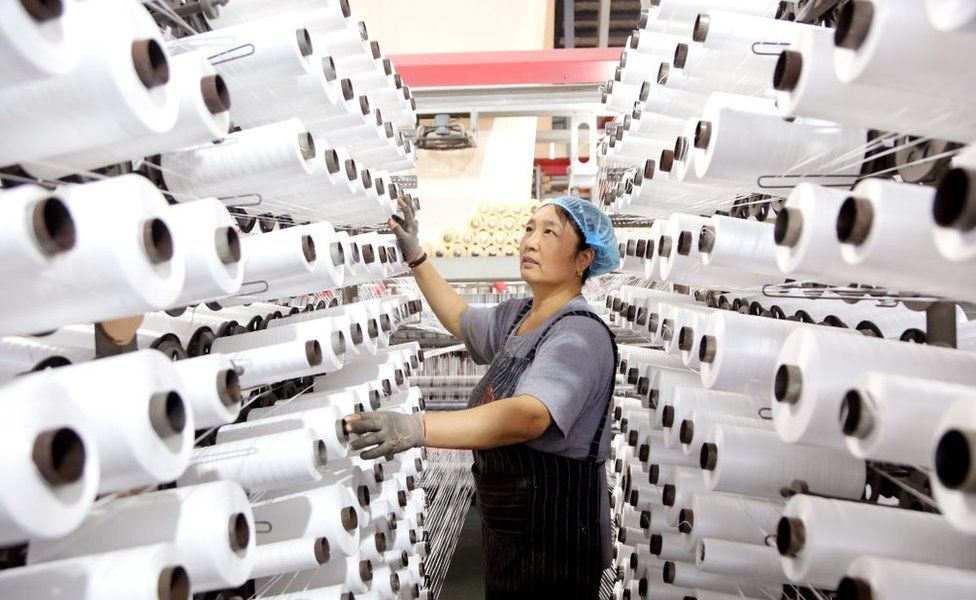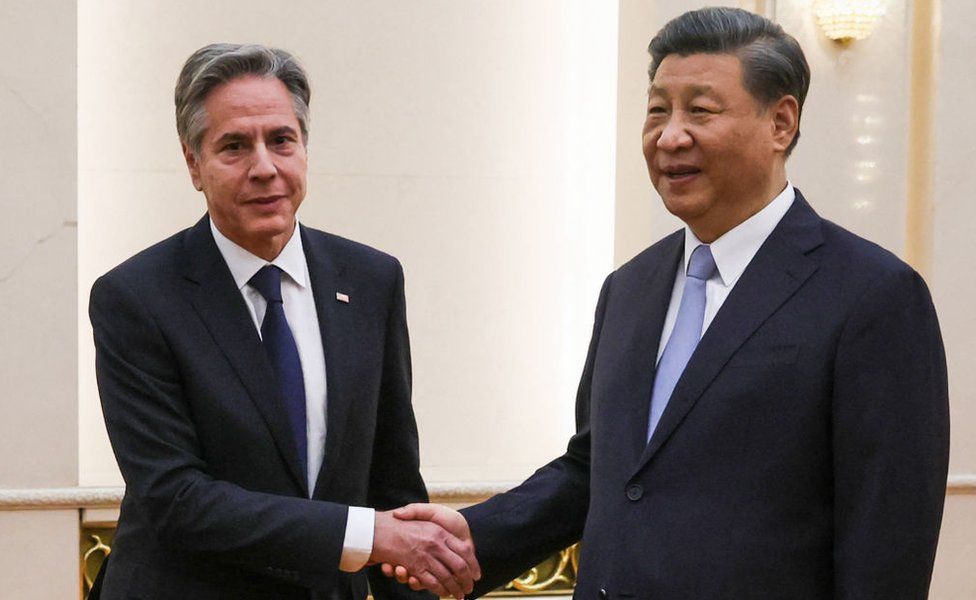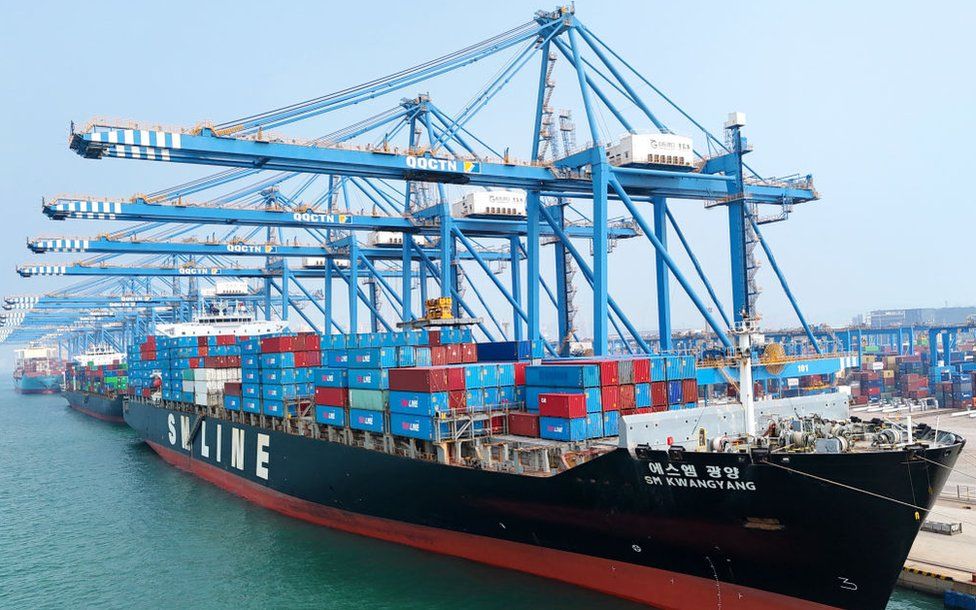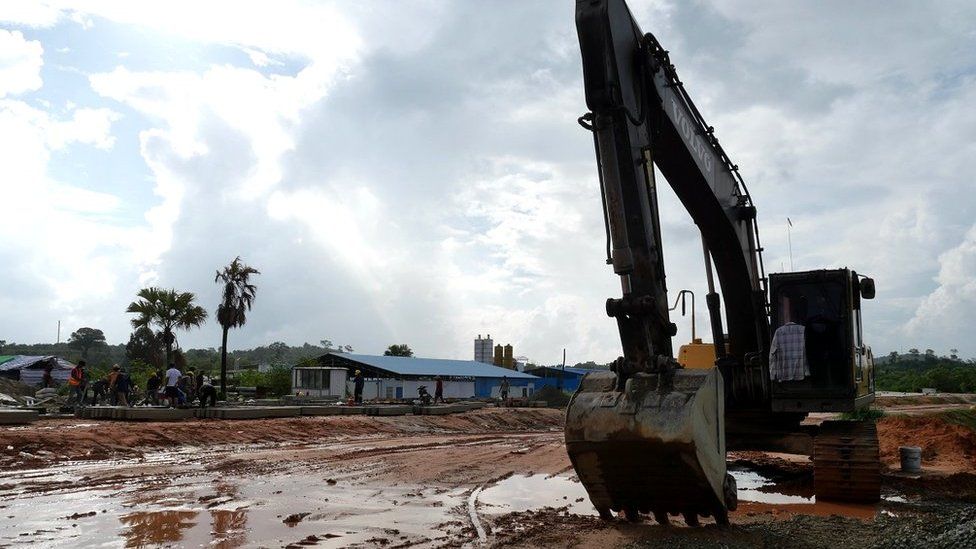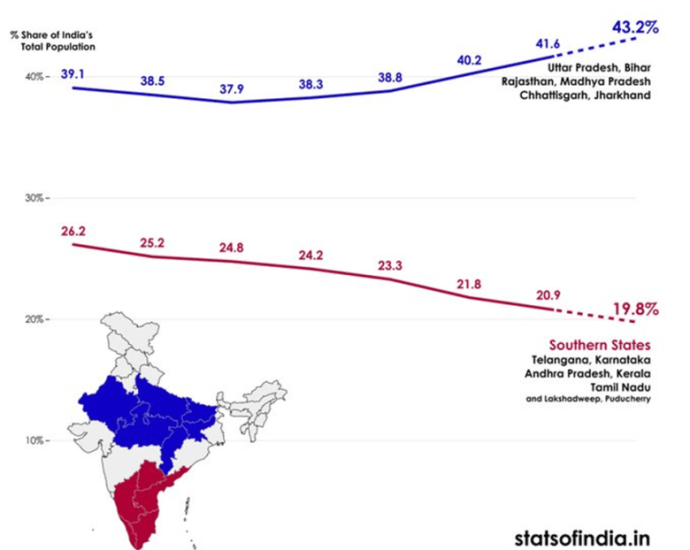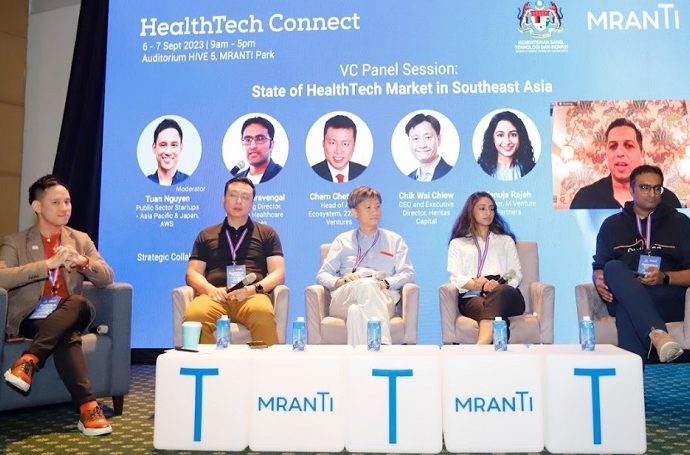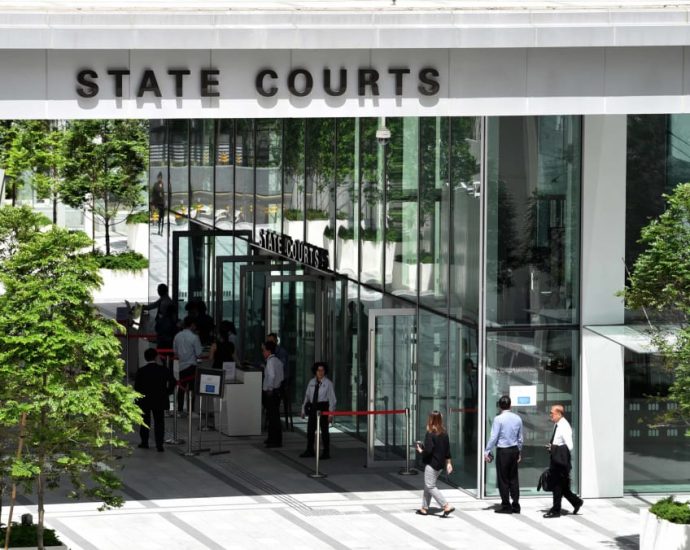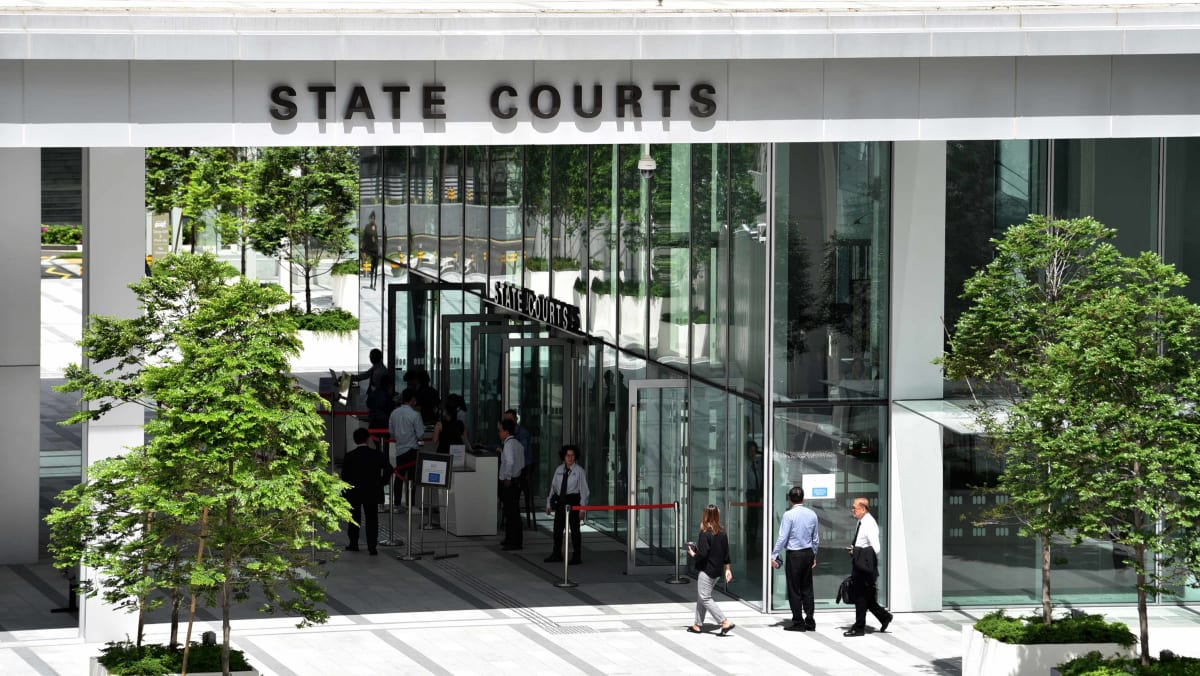Commentary: Malaysia PM Anwarâs reform credentials on the line in possible Cabinet reshuffle
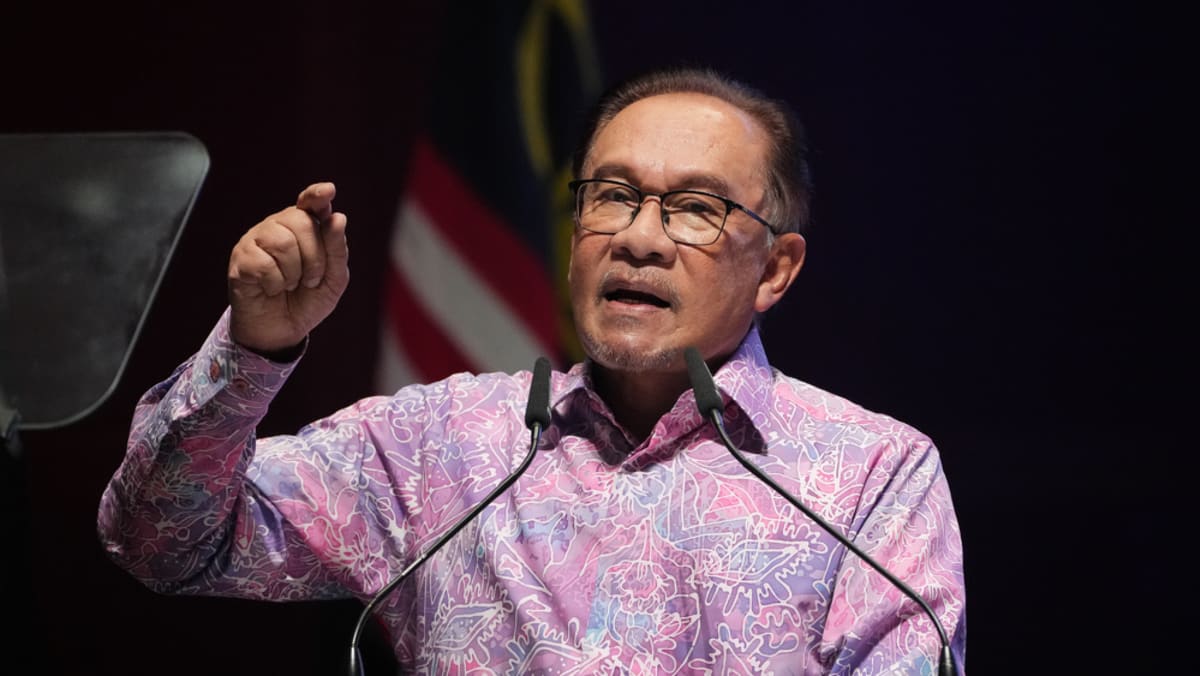
ANWAR’S BALANCING ACT
What is often not recognised is that Mr Anwar’s options may be limited.
First, he will have to decide if he wants a mini reshuffle, replacing new ministers in key portfolios and keeping the rest intact, or a major reshuffle where changes are not only made to the Cabinet, but also to the top layer of the civil service, government-linked companies and key statutory bodies.
Second, and this is the tricky bit, Mr Anwar will have to “balance” the representation in Cabinet. After a decades-long wait for the prime ministership, Mr Anwar was finally sworn into power on Nov 24 last year. There were many twists and turns, but a Pakatan Harapan (PH)-led ruling coalition finally came together comprising previous ruling coalition Barisan Nasional, Gabungan Parti Sarawak, Gabungan Rakyat Sabah and Parti Warisan.
Each party in his unity government must get their share or it will lead to political instability. There is already unhappiness among the Chinese that PH component party Democratic Action Party, with the largest number of seats in Parliament on the government side, is under-represented. UMNO and the East Malaysians, on the other hand, are over-represented.
On top of that, Mr Anwar must consider the status of those he wishes to appoint. Obviously, they must hold senior positions in their respective parties or have some special skill set.
Mr Anwar must also carve up the work in “overlap” areas to avoid perceptions of conflict. For example, sections of the business community are not happy with the way the Ministry of Economy under Rafizi Ramli and the Ministry of Investment, Trade and Industry under Tengku Zafrul Aziz are creating additional red tape and approvals because two ministries are involved.
Many in the business community would prefer the Economy Ministry, which was first established in 2018, to be scrapped and its core functions returned to the finance ministry.

